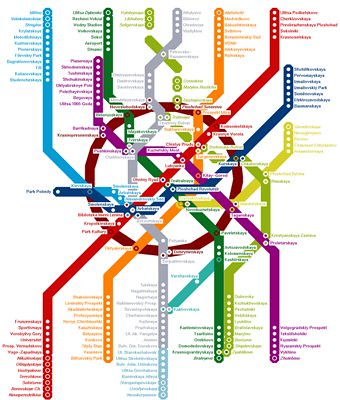For my day job last week, I was part of a meeting with a Blackboard rep. He was a nice guy, but still a salesperson. A good salesperson at that. I know there are good sales people out there, but beyond the good ones that I have met, I find the rest of them tiring. Of course, I know many of them have to spit out the required company propaganda line every where they go – whether they want to or not. Because of this, I am sure they usually find solace in the fact that most people don’t know much about the truth behind what they are talking about, or maybe even that mots people don’t know if their product lives up to the hype or not.
Maybe they just should have never let me in to this meeting. Blackboard rarely lives up to its hype in most cases – mainly because they have too much hype (that no one could ever live up to, to be honest). So having me in a meeting, knowing this about Bb hype, and I have a bad habit of not keeping my mouth shut = not a good combination.
The meeting got off to sluggish start with the rep trying to tell us that Bb is not using the term “version” any more. That in itself is not that bad of an idea… but terribly impractical in real life. How do you communicate anything in the IT world without using the world version? We found out just how impossible… and ultimately frustrating for the person pushing that idea… this can be. Actually, it was quite entertaining for us… not so much for our rep.
Then, of course, we spent a good chunk of the meeting looking at “new” features we already knew and used. Common sales rep mistake – assuming your people don’t know anything. Finally, I was nominated to speak up and let him know he was showing us features of a version (what other word could I use there, really?) that we were already using. Of course, instead of switching gears to NG, this inspired him to find something we hadn’t seen.
I have to take a minute and point out that I don’t intentionally try to make people look bad. Just be careful in what questions you ask me – I will answer you honestly if you ask me a direct question that puts me in a corner. Here is an example: this sales rep then showed us the rating and feedback feature of the Bb discussion forums. Then he looked right at me and asked “Bet you haven’t seen anything like that before, huh Matt?”
What I was thinking was “yes, I have… several years ago in Moodle and a few years before that in about every discussion board program like phpBB.” All I actually said was “well, yes, in other LMS programs.” Not that tactful, I admit – but really nice compared to what I could have said. In my defense, I could have ate his lunch right there.
After this, there was the usual misinformed pitch about how open-source is really more expensive than Bb when you roll in support and maintenance (not true actually) and even some line about how Moodle and Sakai are really only good alternatives for smaller installations because of scalability (also not true). I can’t blame Bb for taking that view – but I can’t agree with them either. I tried to disagree with him but was cut off as he maneuvered to the next issue (good move, BTW).
Also, I found it funny how they highlighted the FaceBook Sync app, which has proven to be rather unpopular (only a little over 5,000 current users out of tens of millions of possible ones).
If you have seen the NG example videos up at the Bb site, then you have see what we saw. A lot of stuff copied from Google and other sites. Stuff that I really do like, but have a hard time accepting from a company that is suing others for copying them.
(as a side note here, some rumblings are indicating that the concepts that Bb patented were actually in widespread use in educational circles as early as 1993. Bb became a company in 1997. You can do the math on that one :)
Strange things are brewing in LMS land, indeed….
(Edited to make this sound a little more positive – the meeting wasn’t as bad as I first made it seem. Also, needed to make sure I made it clear that this was a meeting at work and does not reflect in any way the opinion of my employer, just mine.)
Matt is currently an Instructional Designer II at Orbis Education and a Part-Time Instructor at the University of Texas Rio Grande Valley. Previously he worked as a Learning Innovation Researcher with the UT Arlington LINK Research Lab. His work focuses on learning theory, Heutagogy, and learner agency. Matt holds a Ph.D. in Learning Technologies from the University of North Texas, a Master of Education in Educational Technology from UT Brownsville, and a Bachelors of Science in Education from Baylor University. His research interests include instructional design, learning pathways, sociocultural theory, heutagogy, virtual reality, and open networked learning. He has a background in instructional design and teaching at both the secondary and university levels and has been an active blogger and conference presenter. He also enjoys networking and collaborative efforts involving faculty, students, administration, and anyone involved in the education process.

